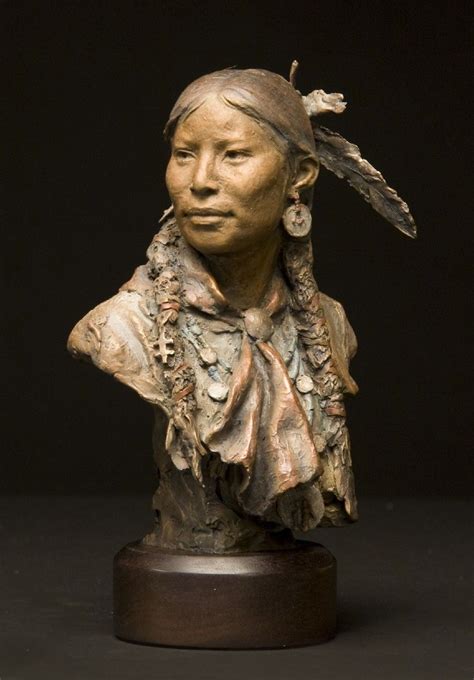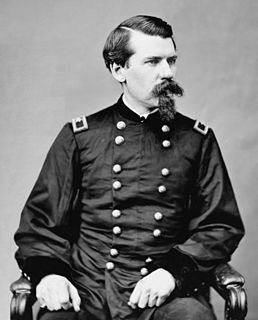A Quote by Eric Foner
If you are going to abolish slavery, that opens up all these other questions: what system of labor is going to replace slave labor? What system of race relations is going to replace the race relations of slavery? Who is going to have power in the post-war South? The Emancipation Proclamation doesn't answer that question, but it throws [it] open.
Related Quotes
The South was at the point where the scale was tipping against slavery. It was slowly dawning on the plantation owners that slave labor was not economic, besides being morally wrong. Slavery was destined to be abolished, whether for economic reasons or moral reasons matters not, but the international intriguers were not going to wait for voluntary abolition to rob them of their trump card.
Slavery, you know, is nothing else than the unwilling labor of many. Therefore to get rid of slavery it is necessary that people should not wish to profit by the forced labor of others and should consider it a sin and a shame. But they go and abolish the external form of slavery and arrange so that one can no longer buy and sell slaves, and they imagine and assure themselves that slavery no longer exists, and do not see or wish to see that it does, because people still want and consider it good and right to exploit the labor of others.
All socialism involves slavery.... That which fundamentally distinguishes the slave is that he labors under coercion to satisfy another's desires. The relation admits of many gradations. Oppressive taxation is a form of slavery of the individual to the community as a whole. The essential question is -- How much is he compelled to labor for other benefit than his own, and how much can he labor for his own benefit?
What Trump has announced - that he is going to not obey rules by which we govern our relations with other countries. He's going to reject the treaties that we have had in the past. He is going to go from what is called a multilateral system, where we all work together, to trying to deal country by country and basically throw out what has been achieved over a 60-year period.
You point out that war is only a symptom of the whole horrid business of human behavior, and cannot be isolated. And that, even if we abolish war, we shall not abolish hate and greed. So might it have been argued about slave emancipation, that slavery was but one aspect of human disgustingness, and that to abolish it would not end the barbarity that causes it. But did the abolitionists therefore waste their breath? And do we waste ours now in protesting against war?
I can't say with certainty that slavery would have ended more quickly and more completely if the South had been allowed to leave and escaped former slaves had been allowed to remain free, and the North and the rest of the world had been a positive influence on the South. However, it's certainly a possibility that it would have ended sooner if the southern slave owners had agreed to a system of compensated emancipation and freed the slaves without a war and without secession, as most nations that ended slavery did. That absolutely would have been preferable to the Civil War as it happened.
Grant began by expressing a hope that the war would soon be over, and Lee replied by stating that he had for some time been anxious to stop the further effusion of blood, and he trusted that everything would now be done to restore harmony and conciliate the people of the South. He said the emancipation of the Negroes would be no hindrance to the restoring of relations between the two sections of the country, as it would probably not be the desire of the majority of the Southern people to restore slavery then, even if the question were left open to them.







































